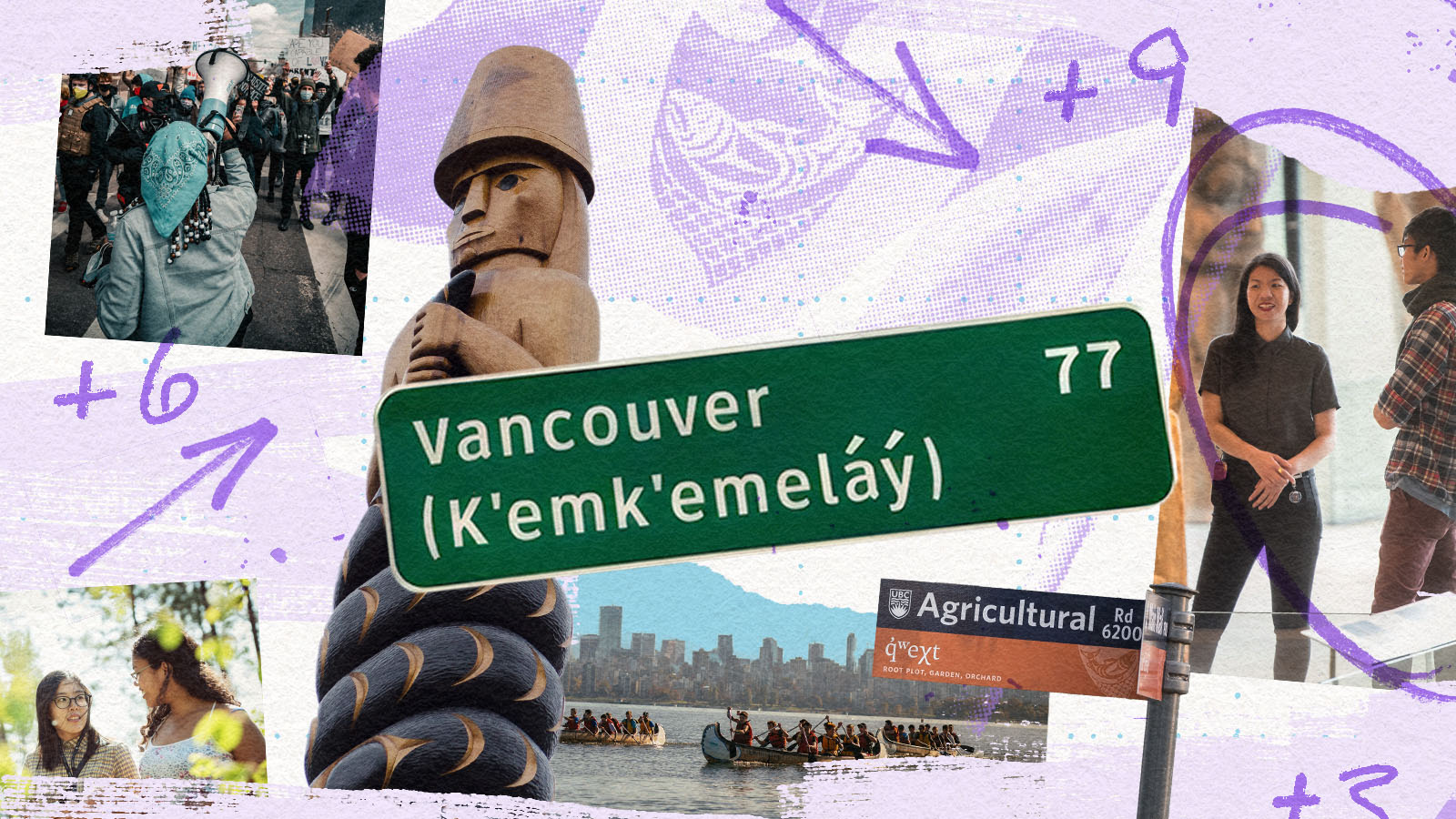

For three years, Dr. Laura Moss served a critical role as Associate Dean, Students, in the Faculty of Arts. Now, she is back in the Department of English Language & Literatures, and eager to dive into all things Canadian literature with students in her classrooms.
In this Q&A, get to know Dr. Moss, the central guiding questions to her work, and why she loves to incorporate creative rewrite assignments into her teaching practice.
Can you share with us an overview of your academic roadmap and where you’ve been?
I was trained as a postcolonial theorist and a specialist in world literatures written in English. I have since shifted my focus to think more about writing and art in Canada. My current research project is on the role of art, literature, and creative activism in the climate crisis. Over the years, I’ve published on an eclectic range of topics and texts, including articles on work by Salman Rushdie, Zadie Smith, Wole Soyinka, Rohinton Mistry, and Rita Wong, as well as a scholarly edition of an early Canadian novel, an edited collection of modernist poetry, a textbook on the history of literature and culture in Canada, and a collection of essays on postcolonialism in Canada. I’ve written about decolonizing the mind, narrative competence in medicine, literary pedagogy, public arts policy in Canada, and public memorials in Vancouver’s Downtown Eastside. Beyond my work in the Department of English Language and Literatures, for a decade I was also the book review editor of the scholarly journal Canadian Literature and then became the editor-in-chief for five years.
Why did you choose to study literature?
I was drawn to the study of literature when I started to read the work of people who had used writing as a place for anti-colonial resistance. The three central guiding questions for my research have always been: “Who speaks?”, “Who listens?”, and “Who profits?” I think a lot about censorship and am still amazed by the sheer power of storytelling and of the act of telling a story.
What courses are you teaching this year, and what do you want students to know about them?
I teach Canadian literatures, literary histories, and postcolonial literatures. This year I am excited to be co-teaching ENGL 200: Principles of Literary Studies. I will also be teaching a graduate seminar on the 2024 Giller Prize book list, ENGL 545: Studies in Canadian Literature. I expect students to be intellectually present in my class: I know what I think about the books we are reading and the topics we are discussing. I genuinely want to know what you think!
What is your favourite part about teaching?
For years I have assigned a Creative Rewrite in all my classes. Whether it’s in first-year courses or in graduate seminars, I ask students to creatively rethink an aspect of one of the texts we’ve studied from another perspective. It can be a retelling of the beginning or the end of the piece, or a story in the voice of a minor character, or an assembly of ideas. It can be in any medium – written or sung, painted or baked. It has to be accompanied by a critical discussion of why they chose that scene to rework and why that voice, tone, style, format, genre, etc. I want to know how their reworking of the text has changed what they see in the original. Not only is it astonishing how creative people can be (composing music or poems, writing scripts, drawing comics, embroidering tales…) but the critical piece is often their best work because they have to slow down and think about the details of writing. I absolutely love reading these assignments.
If you weren’t a professor, what would you do with your life and why?
There are so many lives out there. I would love to be a full time artist but I’d also like to be a travel writer, or a designer, or a landscape architect, or a curator, or a million other creative pursuits. That said, being a prof is pretty great and I am happy with it.
What is something you spend a lot of time doing or thinking about?
I love learning languages so I can (try to) read new texts in them. I spent part of last year in Spain and tried to improve my Spanish and learn Catalan. Over the years, I have now studied French, German, Latin, Spanish, and Catalan. I am far from fluent in them all but I especially enjoy the puzzle of reading them. Catalan shares elements with Spanish and French so it was particularly fun.
What is your favourite film or TV series based on literature?
I just finished watching The Decameron on Netflix and really enjoyed it. It’s a cross between being a romp through the Black Plague in the fourteenth century and a pretty astute engagement with expectations of class, gender, and sexuality. They did a good job of making it relevant to a viewer today. And the community in the final scene is worth watching the whole series!


